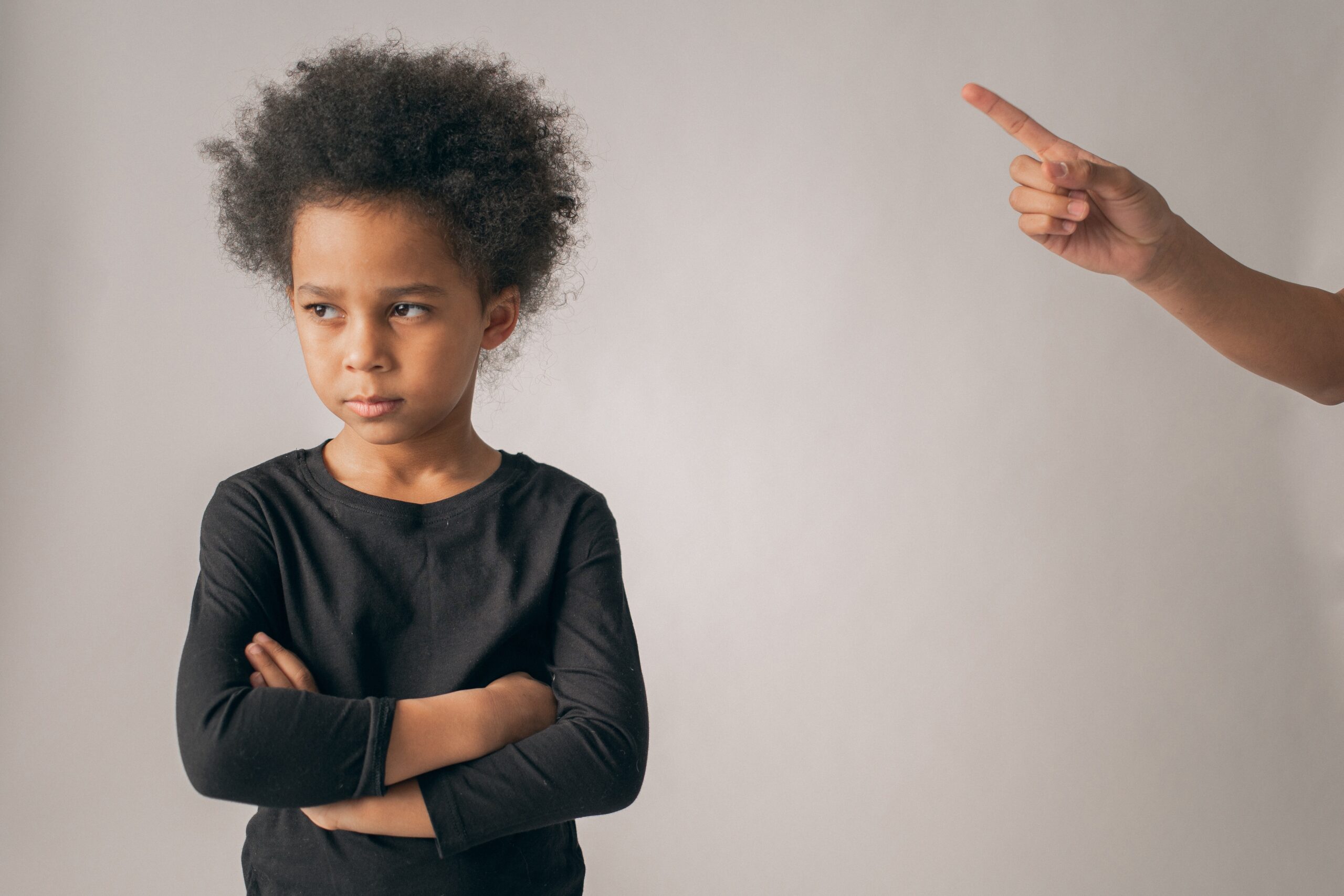
To Punish Or Not To Punish?
Whenever that question comes up in a group, we usually ask, “Wht? Why do we punish?” Here are some of the answers parent have given:
“If you don’t punish them, kids will try to get away with murder.”
“Sometimes I get so frustrated, I don’t know what else to do.”
“How will my child learn that what he did was wrong and not to do it again if I don’t punish him?”
“I punish my son because it’s the only thing he understabds.”
When we asked parents to remember their own feelings when they were punished, we got the following responses:
“I used to hate my mother. I’d think, ‘She’s such a bitch,’ and then I’d feel so guilty.”
“I used to think, ‘My father’s right. I am bad. I deserve to be punished.”
“I used to fantasize that I’d get very sick and then they’d be sorry for what they did to me.”
“I remember thinking, ‘They’re so mean. I’ll fix them. I’ll do it again, only next time I won’t get caught.”
The more these parents talked, the more aware they became that punishment could lead to feelings of hatred, revenge, defiance, guilt, unworthiness and self-pity.
Neverheless, they still worried:
“If I give up punishment, won’t I be putting my children in the driver’s seat?”
“I’m afraid of losing my final method of control and leaving myself powerless.”
We understand their concern. We remember asking Dr. Ginott, “At what point is it all right to punish a child who ignores or defies you? Shouldn’t there be consequences for a child who misbehaves?”
He aswered that a child should experience the consequences of his misbehavior, but not punishment. He felt that n a caring relationship there was no room for punishment.
We pressed him further, “But suppose a child continues to disobey you. Isn’t it all right to punish him then?”
Dr. Ginott said:
“The problem with punishment was that it didn’t work, that it was a distraction, that instead of the child feeling sorry for what he has done and thinking anout how he can make amends, he becomes preoccupied with revenge fantasies. IN other words, by punishing a child, we actually deprive him of the very important inner process of facing his own misbehavior.”
This way of thinking – that punishment doesn’t work because it’s a distraction – was very new to me. But it left me with an other question. What could I do instead?
Notice, all of these suggestions stress prevention. Would’t it be wonderful if we could always forestall problems by planning ahead? For those times when we have neither the foresight nor the energy, here are some alternatives to punishment that can be used on the spot:
7 Alternative to Punishment
1. Point out a way to be helpful.
❎ Oh! You’re going to get it when your father gets home!
✅ It would be helpful if you picked up the books for us.
2. Express strong disapproval (without attacking the child’s character).
❎ You’re acting like a wild animal! No TV for you tonight!
✅ I don’t like what’s going on! It’s disturbing to shoppers when children run in the aisles!
3. State your expectations
❎ I’m furious that my new saw was left outside to rust in the rain!
✅ I expect when my tools are borrowed that they be returned promptly – and in good condition!
4. Show the child how to make amends.
✅ What this saw needs now is a little steel wool and a lot of elbow greas
5. Give a choice.
❎ If I catch you running again, you’ll get a smack!
✅ Hana, no running. Here, are your choices: You can walk or you can sit in the cart. You decide.
6. Take action (remove or restrain).
❎ You asked for it! (while hitting the child)
✅ I see you decided to sit in the cart.
7. Allow the child to experience the consequences of his misbehavior.
Child : Mommy, where are you going?
Mom : Shopping.
Child : I want to go, too.
Mom : Not today.
Child : Why not?
Mom : You tell me why.
Child : Because I ran around in the store?
Mom : You guessed it.
We are teaching our children that they needn’t be our victims or our enemies. We are giving them the tools that will enable them to be active participants in solving the problems that confront them-now, while they’re at home, and in the difficult, complex world that awits them.
Best Tools For Your Child
Let’s parents, grab My First Book for your beloved child. This exciting interactive book help parents who want to provide the best early childhood exposure to their kids who addicted to gadget.
- Able to stimulate children’s motor skill from the touch senses as well as their movement, vision and hearing.
- Improve children’s language development, especially for children with disabilities such as “speech delay”, “autism”, “down syndrome” & more.
- Attract children that lack of interest to learn in order to practice more fun ways of learning.
- To stimulate the development of children’s minds to interact with learning aids.
- Improve the mastery of 3 languages, that is Malay, English & Arabic.
- Can instill Islamic values in children from an early age.
- Practice children’s mental ability to answer questions.
Get it now here https://www.mommyhana.com/index.php/product/my-first-book/
___
source: How To Talk So Kids Will Listen & Listen So Kids, Elaine Mazlish, Rawson, Wade Publishers, 1980.






